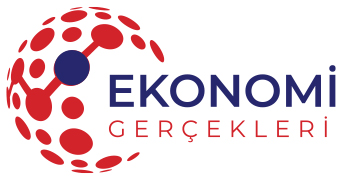[:en]Turkey has overcome the turmoil that was injected upon it after the failed coup attempt in 2016 with proactive and consistent policies. It has won the battle against “dollar manipulators” with low borrowing costs and the decrease in inflation.
Although the economy shrunk 1.8% in the third quarter following the coup attempt in 2016, the development restarted later and it reached 5% in 2017.
Istanbul Stock Exchange saw the sharpest decrease in its history with 7.08% on the next day of the coup attempt. The trend in decline continued for a week. Yet, the decline has been reversed shortly after thanks to the vigilant moves of the Turkish Capital Markets Board and Istanbul Stock Exchange executives.
The foreign investors who were unwilling to trade in Istanbul Stock Exchange during the first half of 2016 returned to the Turkish markets in 2017. There were $1.7 billion foreign direct investments in the Turkish markets in 2017. The markets regathered strength with the incentives and measures introduced by Turkish authorities. As a result, gross domestic product (GDP) increased by 7.7% in the first half of 2018 and 7.4% in the second half.
Just like in the July 15 coup attempt, some circles hoped that Turkish economy would crush during the Covid-19 pandemic. It was claimed that Turkey would need to resort to the IMF. None of them happened. While more than 90 countries, in other words more than half of the world asked IMF’s help, but not Turkey. Turkey opened or enlarged direct swap lines with other countries such as Qatar and has overcome the liquidity problem.
Additionally, Turkey’s banking Watchdog introduced restrictions for 4 foreign banks regarding the foreign currency transactions since those banks had failed to meet the Turkish lira requirements. Those banks were namely BNP Paribas SA, Citibank NA, UBS and AG. These moves prevented the manipulation and depreciation of Turkish lira.
Consequently, the most apparent proof that Turkey is still an attractive market is the foreign investment which is increasingly flowing in Turkey. Since the current government has taken the power, $219 billion foreign direct investment flew to Turkey. Only in the first half of 2020, there have been 52 new greenfield foreign investment projects. The total cost of those projects is $4 billion and it will generate jobs for over 10 thousand people. The projects are coming from the companies with origins the US, Germany, Spain, Netherlands, India and many others. Therefore, the data speaks for itself.
